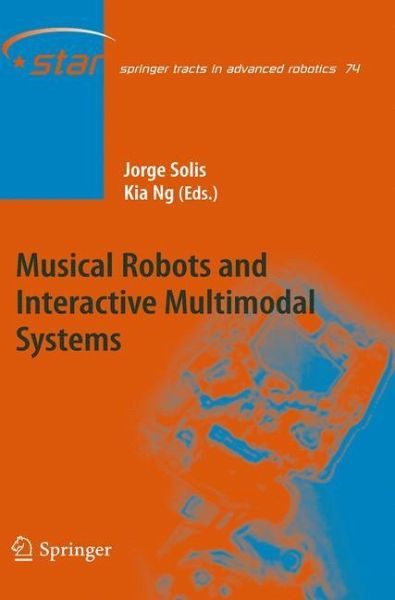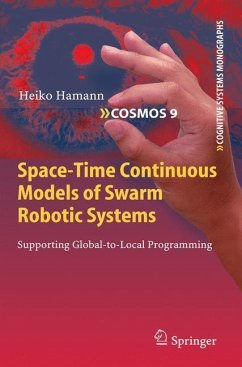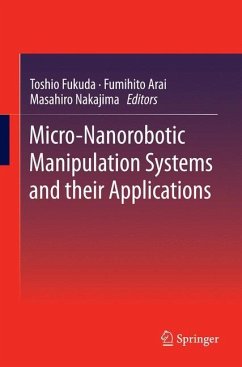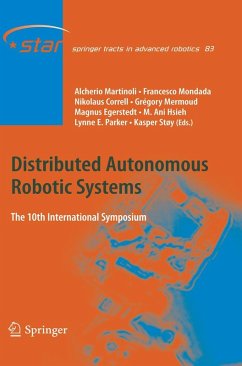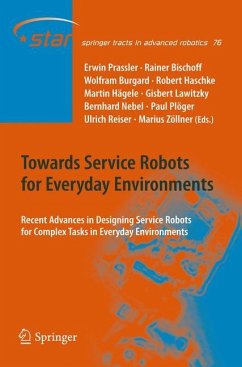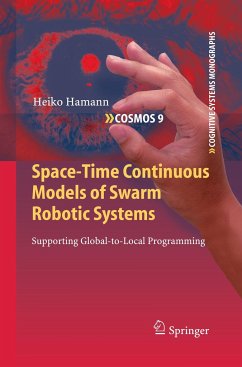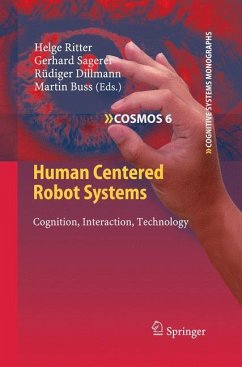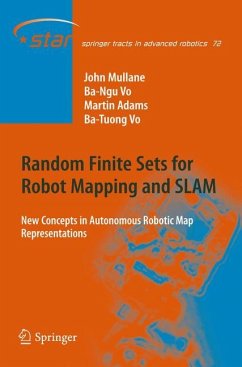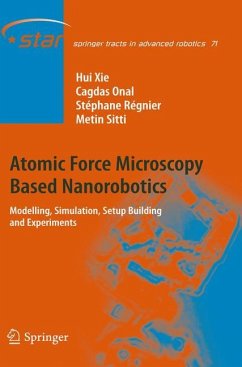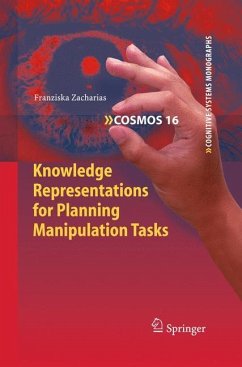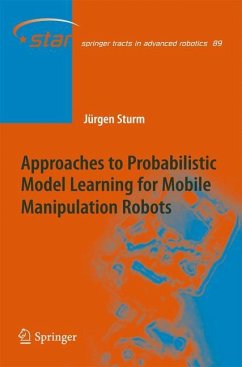Jorge Solis received his B.S. degree in Electronics Systems from the Monterrey Institute of Technology (Mexico) in 1998 and the Ph.D. degree from the Scuola Superiore Sant'Anna, Perceptual Robotics Laboratory (Italy) in 2004. He is an Assistant Professor of Robotics at Waseda University and Visiting Researcher at the Humanoid Robotics Institute, Waseda University. Prof. Solis is the author and co-author of over 130 technical papers for International Journals and Conferences. He is currently a co-chair of the IEEE-RAS TC on Biorobotics and Roboethics. He received the Finalist Awards on Entertainment Robots and Systems at the IROS2007 and IROS2009 (sponsored by the New Technology Foundation). His research involves the Humanoid Robots; Medical Robots and Systems; Education Robots; Rehabilitation Robots, Haptics Interfaces, Sound/ Gesture/Vision Recognition Systems and Tele-operation Systems. Kia Ng received his B.Sc. degree in Computational Science and Music, and Ph.D. in Computer Science from the University of Leeds (UK). Kia is director of the Interdisciplinary Centre for Scientific Research in Music (ICSRiM) and Senior Lecturer at the University of Leeds. His research interests include interactive multimedia, gesture analysis, computer vision and computer music. He has contributed to a range of large-scale research projects, including i-Maestro on technology-enhanced learning, CASPAR, and AXMEDIS on cross-media, with over 20M Euro funding. Kia has more than 150 publications and presented talks in over 30 countries including keynotes and invited lectures in Canada, China, France, Germany, Japan, UK, and USA. He has appeared on television and radio interviews such as BBC, Sky TV, and has beenfeatured in the New York Times, Guardian, Financial Times, and others. Kia has also organised over 15 international events including conferences, exhibitions and a convention. Kia is a chartered scientist, a fellow of the Royal Society of Arts and a fellow of the Institute of Directors. Web: www.kcng.org Kia Ng received his B.Sc. degree in Computational Science and Music, and Ph.D. in Computer Science from the University of Leeds (UK). Kia is director of the Interdisciplinary Centre for Scientific Research in Music (ICSRiM) and Senior Lecturer at the University of Leeds. His research interests include interactive multimedia, gesture analysis, computer vision and computer music. He has contributed to a range of large-scale research projects, including i-Maestro on technology-enhanced learning, CASPAR, and AXMEDIS on cross-media, with over 20M Euro funding. Kia has more than 150 publications and presented talks in over 30 countries including keynotes and invited lectures in Canada, China, France, Germany, Japan, UK, and USA. He has appeared on television and radio interviews such as BBC, Sky TV, and has been featured in the New York Times, Guardian, Financial Times, and others. Kia has also organised over 15 international events including conferences, exhibitions and a convention. Kia is a chartered scientist, a fellow of the Royal Society of Arts and a fellow of the Institute of Directors. Web: www.kcng.org Kia Ng received his B.Sc. degree in Computational Science and Music, and Ph.D. in Computer Science from the University of Leeds (UK). Kia is director of the Interdisciplinary Centre for Scientific Research in Music (ICSRiM) and Senior Lecturer at the University of Leeds. His research interests include interactive multimedia, gesture analysis, computer vision and computer music. He has contributed to a range of large-scale research projects, including i-Maestro on technology-enhanced learning, CASPAR, and AXMEDIS on cross-media, with over 20M Euro funding. Kia has more than 150 publications and presented talks in over 30 countries including keynotes and invited lectures in Canada, China, France, Germany, Japan, UK, and USA. He has appeared on television and radio interviews such as BBC, Sky TV, and has been featured in the New York Times, Guardian, Financial Times, and others. Kia has also organised over 15 international events including conferences, exhibitions and a convention. Kia is a chartered scientist, a fellow of the Royal Society of Arts and a fellow of the Institute of Directors. Web: www.kcng.org Kia Ng received his B.Sc. degree in Computational Science and Music, and Ph.D. in Computer Science from the University of Leeds (UK). Kia is director of the Interdisciplinary Centre for Scientific Research in Music (ICSRiM) and Senior Lecturer at the University of Leeds. His research interests include interactive multimedia, gesture analysis, computer vision and computer music. He has contributed to a range of large-scale research projects, including i-Maestro on technology-enhanced learning, CASPAR, and AXMEDIS on cross-media, with over 20M Euro funding. Kia has more than 150 publications and presented talks in over 30 countries including keynotes and invited lectures in Canada, China, France, Germany, Japan, UK, and USA. He has appeared on television and radio interviews such as BBC, Sky TV, and has been featured in the New York Times, Guardian, Financial Times, and others. Kia has also organised over 15 international events including conferences, exhibitions and a convention. Kia is a chartered scientist, a fellow of the Royal Society of Arts and a fellow of the Institute of Directors. Web: www.kcng.org Kia Ng received his B.Sc. degree in Computational Science and Music, and Ph.D. in Computer Science from the University of Leeds (UK). Kia is director of the Interdisciplinary Centre for Scientific Research in Music (ICSRiM) and Senior Lecturer at the University of Leeds. His research interests include interactive multimedia, gesture analysis, computer vision and computer music. He has contributed to a range of large-scale research projects, including i-Maestro on technology-enhanced learning, CASPAR, and AXMEDIS on cross-media, with over 20M Euro funding. Kia has more than 150 publications and presented talks in over 30 countries including keynotes and invited lectures in Canada, China, France, Germany, Japan, UK, and USA. He has appeared on television and radio interviews such as BBC, Sky TV, and has been featured in the New York Times, Guardian, Financial Times, and others. Kia has also organised over 15 international events including conferences, exhibitions and a convention. Kia is a chartered scientist, a fellow of the Royal Society of Arts and a fellow of the Institute of Directors. Web: www.kcng.org
